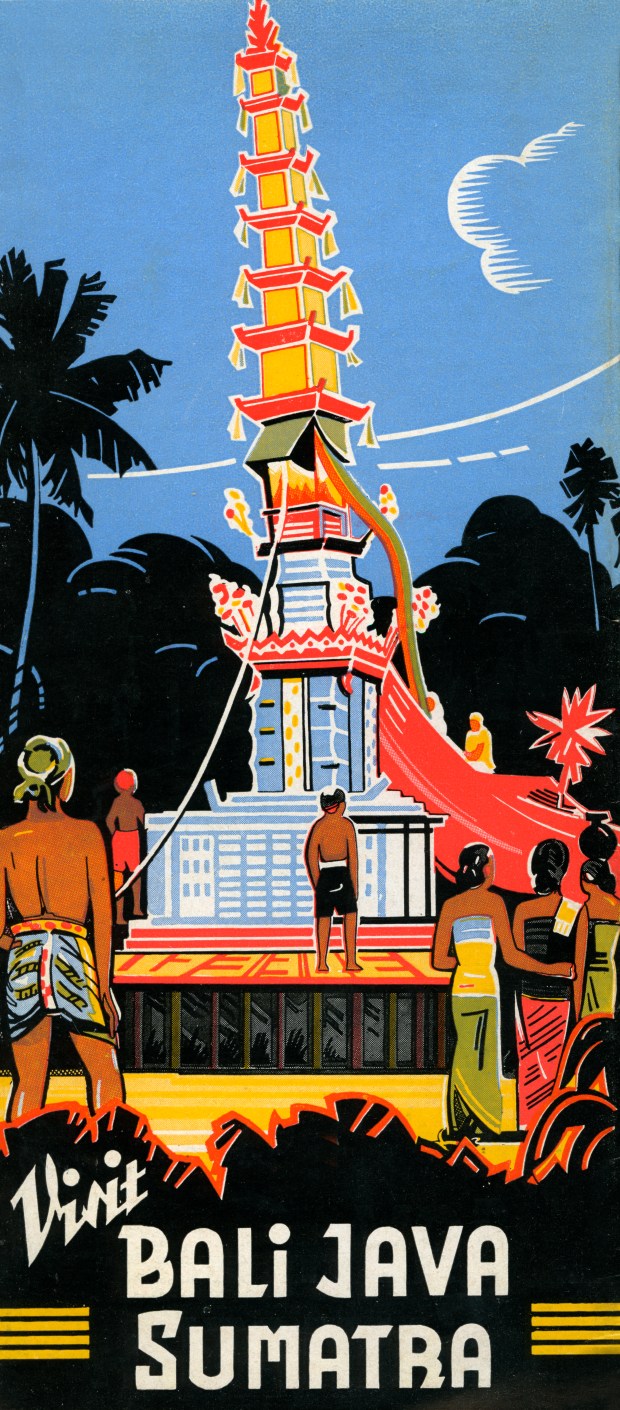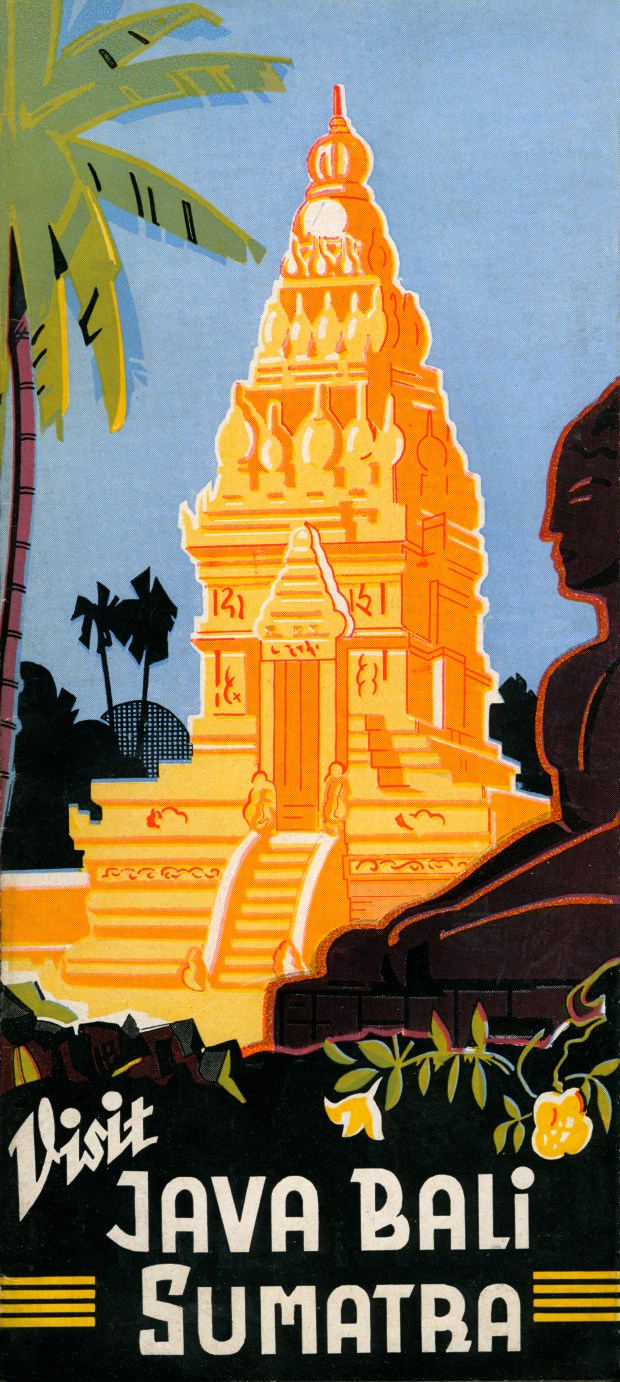International tourism has skyrocketed in recent years. More than 1.3 billion people traveled internationally last year, up 7 percent from the year before, according to the United Nations World Tourism Organization. Though tourism can provide an economic boost to developing nations, it can also result in environmental degradation and an overtaxed infrastructure, among other things, when not properly regulated. In the Indonesia episode of Parts Unknown, Anthony Bourdain laments the effect mass tourism has had on Bali. Veteran journalist Elizabeth Becker, examines the explosion of the tourism industry in Overbooked, spoke with Explore Parts Unknown’s Tafi Mukunyadzi about these issues and how we can be better travelers.

Tafi Mukunyadzi: When did international tourism really start to grow into an industry?
Elizabeth Becker: It’s a global phenomenon that has to do with the end of the Cold War, which is the first time all the borders were open in modern history, a technological revolution, and the growth of a middle class around the world.
In a developing country like Indonesia, leaders too often see tourism just as a means for money coming in. The more tourists, the more money, the better for development—but it doesn’t work that way at all. They have an environmental problem with garbage and sewage, and that has not been tamed. The challenge for locals is how do they empower themselves to say, Stop. This is our country. This is our culture. This is our island.
One country that figured this out really early is Bhutan. What the Bhutanese government did right from the start was say that we’re going to view tourism as an industry, which means we’re going to regulate it so that the money enriches our culture and our people and [we can] make sure we protect our environment.
Mukunyadzi: Bhutan requires a tourist-visa fee of $250 per day to visit. Do you think that’s too expensive?
Becker: So, poor Bhutan for many years—if not still to this day—is considered the most expensive place to visit. I think they’re smart. That money is $250 a day but then that includes food and lodging and guides. I think they have no problem with getting people to visit. They turn people away.
I just gave a talk about this, and the audience was just wide-eyed. They thought I would go against Bhutan. But when a country like Italy makes fancy clothes, do you complain that they’re expensive? No. You say, That’s the price.

Mukunyadzi: How can governments better oversee tourism?
Becker: Get out of the straitjacket of a numbers game and make sure that locals benefit from tourism. They should think about whether they have good public transportation, ways to control the number of people that visit, how many airplanes land, or how many cruise ships dock.
Mukunyadzi: What can individuals do to be better tourists?
Becker: Do a lot more research. It takes 30 minutes to figure out that it’s not a good idea to go to Venice in June. Look for alternatives.
Second, take longer and fewer trips. You’re going to reduce your environmental footprint and get to really know a place. One of the problems with the kind of travel that’s done today is it’s clip, clip, clip. People just go from one place to the next, thinking, I want my picture here and there. That makes the swarms of tourists. The best way to help the locals and not be part of that rat trap is to spend some time, find a local hotel, and get to know the local restaurants. To get to really know a place, you need to stay a minimum of two weeks.
The third way people can be better tourists is—and I think this is very old school, but—before you go, study that country, not just a guidebook. Learn a little bit of the language. It takes nothing.

Mukunyadzi: Do you think tourists feel entitled to having everything about their vacation be easy?
Becker: Very entitled. And whenever you talk about a country having the right to figure out how many people can come and visit their countries, people scream that we have a right to travel anywhere, anytime. You don’t. Your only rights are to travel within your own country and to come back after traveling abroad. That’s why we have passports and visas. So this is a misconception. Then there’s too much access to ease and comfort.
Anthony Bourdain was willing to put up with discomfort, and that’s why he went to the places he did. Where he was going, people who want comfort are not going to be good travelers.
This conversation has been edited and condensed.